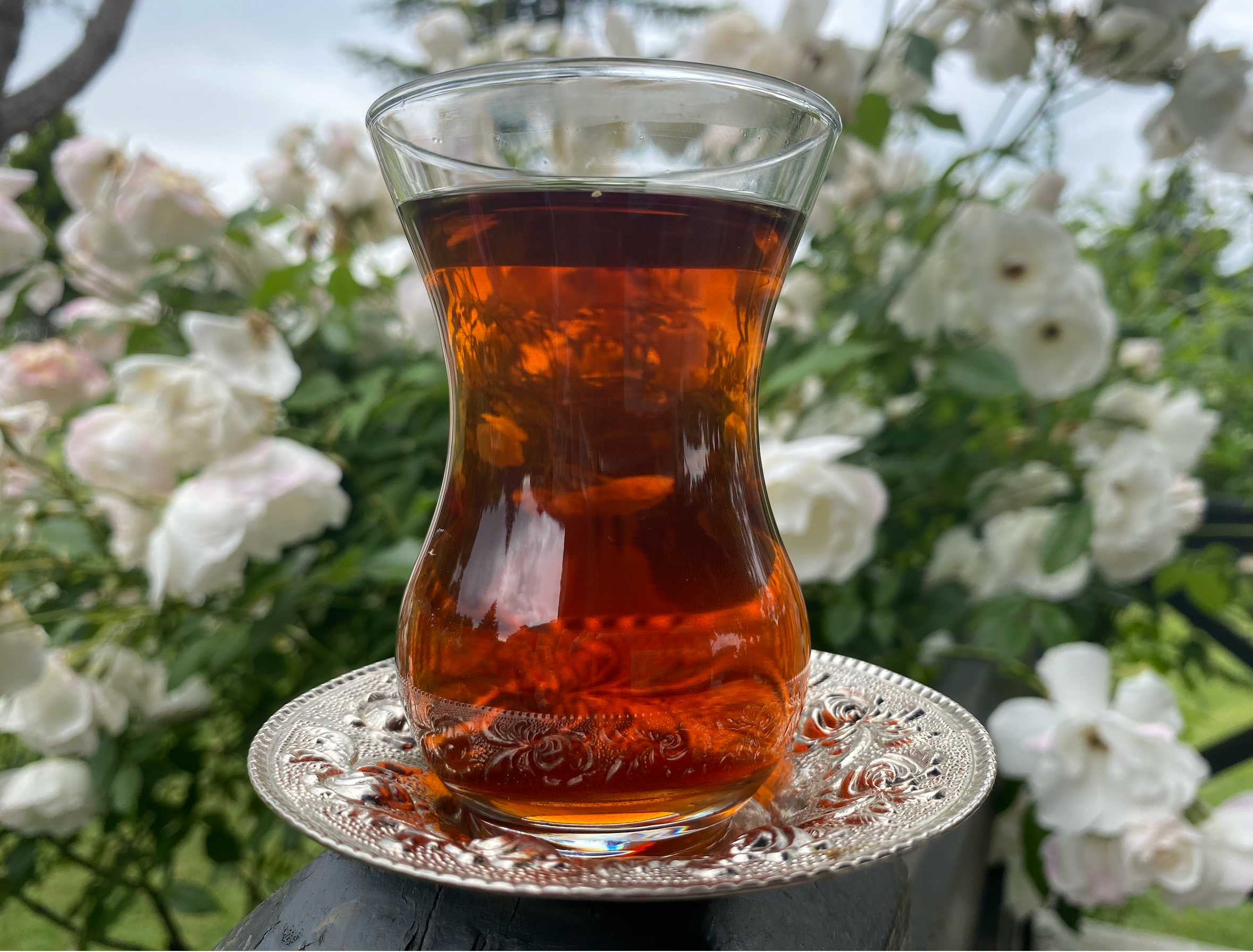“I thought you rode camels, I was surprised to see you had cars” — I heard this a lot of times, I even heard that there were people surprised to see there was chocolate in Turkey.
A lot of people don’t know much about Turkey, or at least good things about it. It usually appears in the media with issues such as lack of free media, unstable economy, or violation of human rights, and unfortunately, these are a part of Turkey. However, there is still much to see and learn from it. Turkey is a bridge between Europe and Asia; it is where cultures bloom, where tradition meets innovation.
There are misunderstandings about the culture and the people, and myths are often confused with facts. When I tell people that I am from Turkey, I often come across false information about my culture and sometimes with ridiculous assumptions, like Turkey is full of deserts and people ride camels. There is a side of Turkey which most people don’t see. Yes, there are conservative people in Turkey, and yes there are major issues with the justice system, but Turkey is also welcoming and full of love. You should see both sides to comprehend the culture.
When I decided to write about my culture, it was very hard for me to decide how to do it because there are many stories and many aspects to be highlighted. I didn’t know where to start. After giving this a lot of thought, I decided to tell it through what brings people together the most: Çay (Turkish tea) and Türk Kahvesi (Turkish coffee).
I think people often miss how friendly and full of love Turkish people can be. Hospitality is a very important part of the culture, as people believe guests should be treated as visitors of God. The best example is the tea culture. In Turkey, wherever you go, you will always find hot tea. Tea is the liquid form of hospitality, so it might be considered rude to refuse offered tea. Rabbit blood-colored tea is often served in tulip-shaped glasses, producing an elegant look. Tea is what brings people closer together, as it is an irreplaceable key element to conversations. It is likely that when you visit Turkey, you will be offered a lot of tea. Even though it is harder to see this hospitality in bigger cities, it still plays a crucial role in rural areas of Turkey.
A cup of Turkish coffee, remembered for 40 years.
In Turkish culture, “Bir kahvenin 40 yıllık hatrı vardır” means “a cup of Turkish coffee remembered for 40 years.” Just like tea, Turkish coffee is an important part of not just the cuisine, but also the tradition and the culture. Kahvehane, traditional coffee houses in smaller cities, are where men spend their time chit-chatting or playing cards; whereas in a woman’s life, coffee is used for fortune-telling. When the cup is finished, cups are closed with saucers, and the ring is placed on top to cool. Turkish coffee is a way of socializing, but it is also a very good way to see how women and men in Turkey have very different lives. Even though it is not forbidden for women to sit in Kahvehane, it is very unlikely to see a woman in it. This tradition has no aim to exclude women, they just see it as a place where men can hang out without breaking home privacy. It shows how men and women have very different lifestyles; they do not only have different responsibilities in the household, but also the way they hang out and even where they drink coffee alters.
Turkish coffee is also a part of engagement traditions. Before marriage, there is a tradition to ask for permission from the parents. When the potential groom’s family visits the bride’s family asking for the girl’s hand in marriage, the bride prepares Turkish coffee, putting a pinch of salt in the groom’s coffee. Nowadays, putting salt in the groom’s coffee is just an old habit, but in old days, it was used as a hint to tell the groom that she isn’t interested and he should look elsewhere. It is important that the family gives their permission, since family bonds are very strong in Turkey. People give a great deal of value to their parents’ opinion. Especially in the past, if the parents didn’t approve of the relationship, the marriage couldn’t happen. There are many classical Turkish TV shows based on this, where because the parents don’t confirm their relationship, the lovers run away. Family is a warm and safe space, but I think some can argue that the Turkish family structure is too protective and a little conservative.
Turkish coffee and tea can be seen as simple items in Turkish cuisine, but in truth, they shape our culture. As traditions changed, they also altered. They contain stories, people, history. They formed friendship and love. Tea and coffee have the power to bring people together, but they also have the power to break those bonds. All the trouble, all the joy is told with a cup of coffee or tea. Who could know what stories they witnessed, if only they could speak…


Leave a Reply